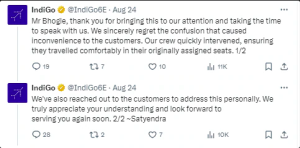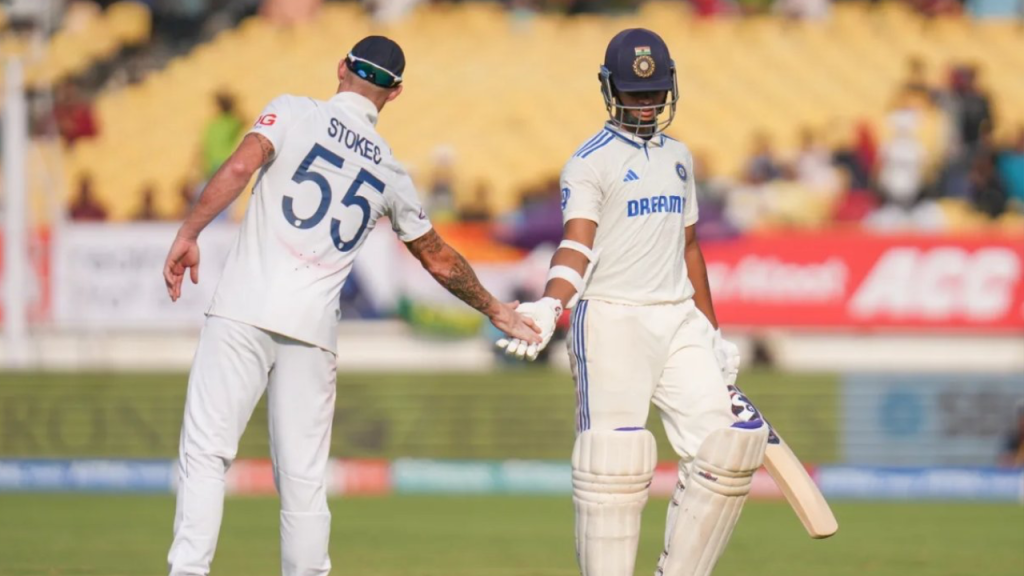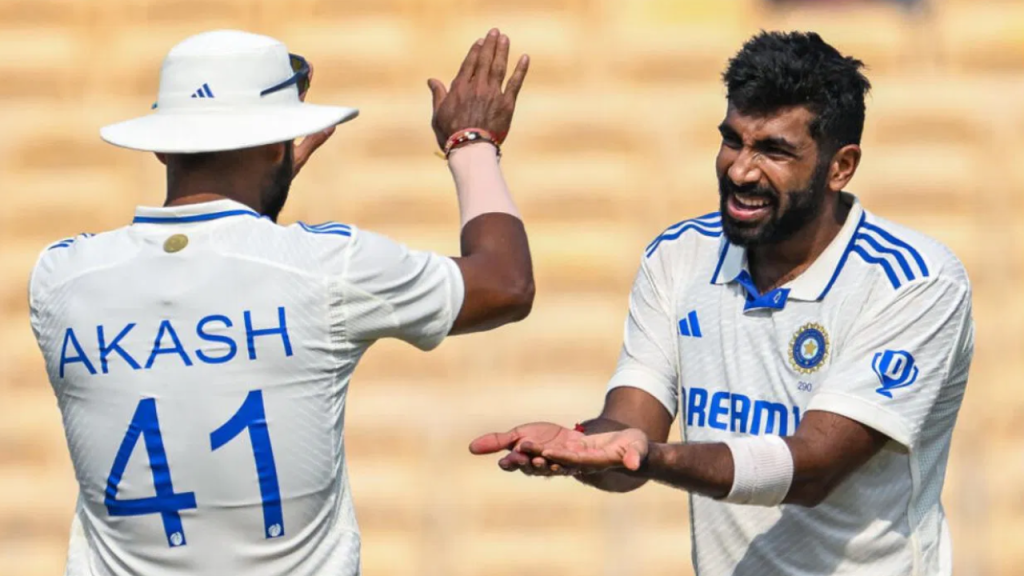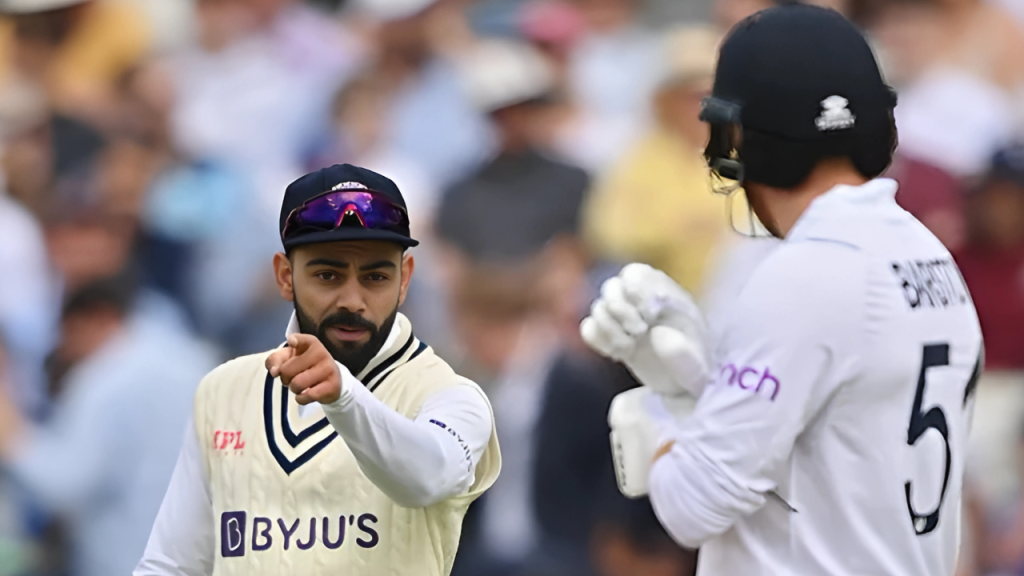In an incident that has sparked considerable debate on passenger rights and airline policies, renowned cricket commentator Harsha Bhogle took to social media to criticize IndiGo, one of India’s leading airlines, for its handling of an elderly couple’s seating arrangement. The episode, which unfolded on a recent flight, involved IndiGo moving an elderly couple from their pre-booked seats in row 4 to row 19 without any prior explanation, a decision that not only inconvenienced the couple but also drew widespread attention to the airline’s customer service practices.
Harsha Bhogle, known for his insightful commentary on cricket, used his platform to highlight what he perceived as a lack of empathy from IndiGo. He detailed how the couple, who had specifically chosen their seats to avoid the discomfort of walking down the aisle, were forced into a situation where the elderly gentleman struggled to navigate the narrow passage to their new seats. Bhogle’s post on X (formerly Twitter) quickly went viral, with many users expressing their dismay over the airline’s apparent oversight regarding the needs of senior passengers.
Another example of #IndigoFirstPassengerLast. An elderly couple on my flight had paid for seats in row 4 so they wouldn’t have to walk much. Without an explanation, #Indigo changed it to seat 19. The gentleman was going to struggle to walk till row 19 in a narrow passage. But who…
— Harsha Bhogle (@bhogleharsha) August 24, 2024
The incident came to light when Bhogle shared his observations and frustrations, pointing out the couple’s distress and the airline’s initial reluctance to revert the seating arrangement until other passengers intervened. This not only brought to the fore the issue of passenger comfort but also raised questions about IndiGo’s operational policies concerning seat assignments, especially for those with mobility issues.

IndiGo, in response to the backlash, issued a statement expressing regret over the “confusion” caused. The airline clarified that upon realizing the situation, their crew ensured the couple was comfortably seated in their original places. However, this response did little to quell the criticism. The incident has reignited discussions on how airlines prioritize operational efficiency over passenger comfort, particularly for the elderly or those with special needs.
The broader implications of this event touch upon the ethical considerations airlines must navigate. While airlines often cite operational reasons for seat changes, such as balancing the aircraft for safety, the lack of communication or empathy in this case was stark. Bhogle’s critique wasn’t just about the seat change but the manner in which it was handled, reflecting a deeper issue of customer service in the aviation industry.
This episode also serves as a reminder of the power of social media in holding corporations accountable. Bhogle’s post not only highlighted IndiGo’s service lapse but also prompted a broader conversation on passenger rights, the treatment of elderly passengers, and the need for airlines to be more considerate in their operations.
IndiGo attempted to mitigate the situation with an apology and by rectifying the seating, the incident has left a mark on public perception regarding airline passenger treatment. Harsha Bhogle’s intervention underscores the importance of empathy in customer service, especially in sectors like aviation where comfort and safety are paramount. This event might prompt airlines to reassess their policies, ensuring that while operational needs are met, they do not come at the expense of passenger dignity and comfort.





